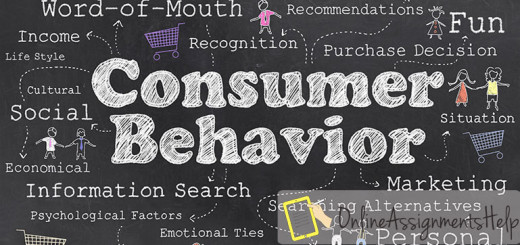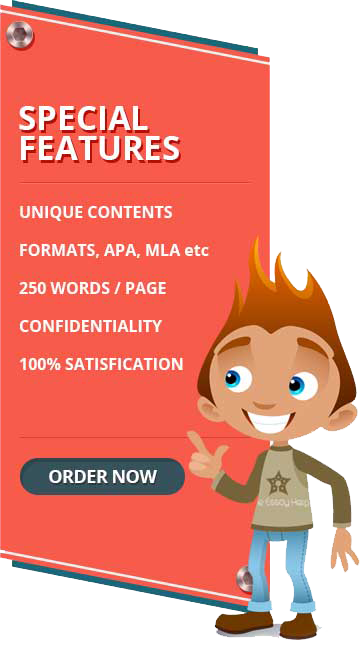Resume advice for your first career interview
The first job interview of your career is highly crucial. You should be well-prepared to make a good impression on the interviewer. The resume makes the first impression of a candidate. It’s based on the resume that your name is sorted out from hundreds of applicants. So, never compromise on the quality of resume writing. Experts say resuming writing is an art and science. It should be visibly beautiful and impeccably written with all relevant data. There are a few resume tips, which can ensure you craft a great resume and can help you land a job.

Keep in mind certain points while writing the resume
The resume tips are:
- Begin with your educational background: Cover your education details briefly. You should put down your educational background and list the most advanced degrees first in reverse chronological order. However, if an older education is more relevant, then list that job first to get the attention of the hiring manager. The employer is interested in your newest qualifications that matter to the company, not your high school credentials.
- Explain your professional life: Describe how you have entered this role or field. Talk about your career chronologically. Mention the key qualifications, impressive accomplishments, and projects you have worked on. Hiring managers are interested to know how the job you are applying for can fit into your broader goals. Emphasise how you are excited about new things and also develop professionally.
- Do not ramble on: While you walk through an interview through your resume, always keep your answers short and simple. The answer to the questions must be less than two minutes. You should not give them long answers that make them lose interest in your profile.
For a brief interview, keep your answers short. For a longer interview, you can ask them whether they want the answers. Are you looking for key experiences or they want information about all experiences? - Do not discuss irrelevant experiences: Keep all your education and professional experiences that are not related to your position out of your interview.
- Talk positively: Do not talk negatively about your education and professional background. When you explain about taking up this job, you can say how passionate you are about this position. Always follow up with a professional goal or experience.
- Be prepared: You should be prepared before you appear for the interview. If you peek at your resume for explaining a thing, then it does not look good. Once you are prepared, you shall have an easy time to project confidence and provide a great narrative. No point on the resume should be unknown to you. You must be prepared for any question from the resume itself.
- Keep the resume simple: Use a modern but basic font. Use a font size between 10-12. You should use a bigger font for the resume headers, however, keep your resume consistent and simple. Regardless of the resume format, you select, your primary focus must be on the readability of the hiring manager.
- Make your contact prominent: You do not have to input your address on the resume but include your phone number and your email address and the other places where the hiring manager may find you on the internet such as your LinkedIn profile or your Twitter handle.
The main aim of your interview is to make yourself stand out from the other applicants who have been interviewed for the same position. Highlight in your resume your academic qualifications and the achievements you have earned in your professional career.



